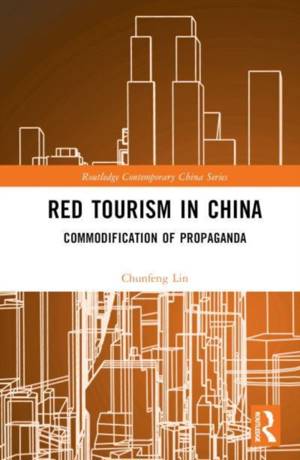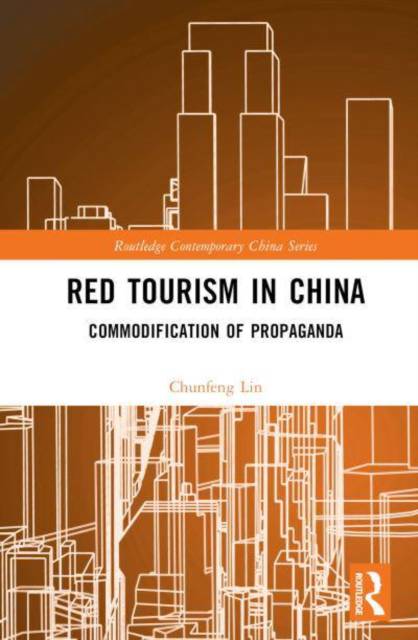
- Retrait gratuit dans votre magasin Club
- 7.000.000 titres dans notre catalogue
- Payer en toute sécurité
- Toujours un magasin près de chez vous
- Retrait gratuit dans votre magasin Club
- 7.000.0000 titres dans notre catalogue
- Payer en toute sécurité
- Toujours un magasin près de chez vous
Description
This book analyzes the phenomenally profitable "Red Tourism" industry in China, in which visitors make pilgrimages to sites of historical significance to the Communist Party of China and the Chinese Revolution.
The book examines Red Tourism in connection with the transforming power relations between the state and the private, communication in the socialist past, and the current round of capitalization, against the backdrop of the world's second largest economy. By re-evaluating the conventional notion of propaganda through the lens of neutral xuanchuan propaganda, the book presents a nuanced look at the social space of Red Tourism, revealing that propaganda should be conceived as a commodity, an industry, or even a media system similar to the news media.
Drawn from combining fieldwork and cultural analysis spanning a decade, this book will be of interest to students and scholars of communication studies, tourism, and Chinese politics.
Spécifications
Parties prenantes
- Auteur(s) :
- Editeur:
Contenu
- Nombre de pages :
- 194
- Langue:
- Anglais
- Collection :
Caractéristiques
- EAN:
- 9781032139609
- Date de parution :
- 30-12-22
- Format:
- Livre relié
- Format numérique:
- Genaaid
- Dimensions :
- 156 mm x 233 mm
- Poids :
- 452 g

Les avis
Nous publions uniquement les avis qui respectent les conditions requises. Consultez nos conditions pour les avis.






